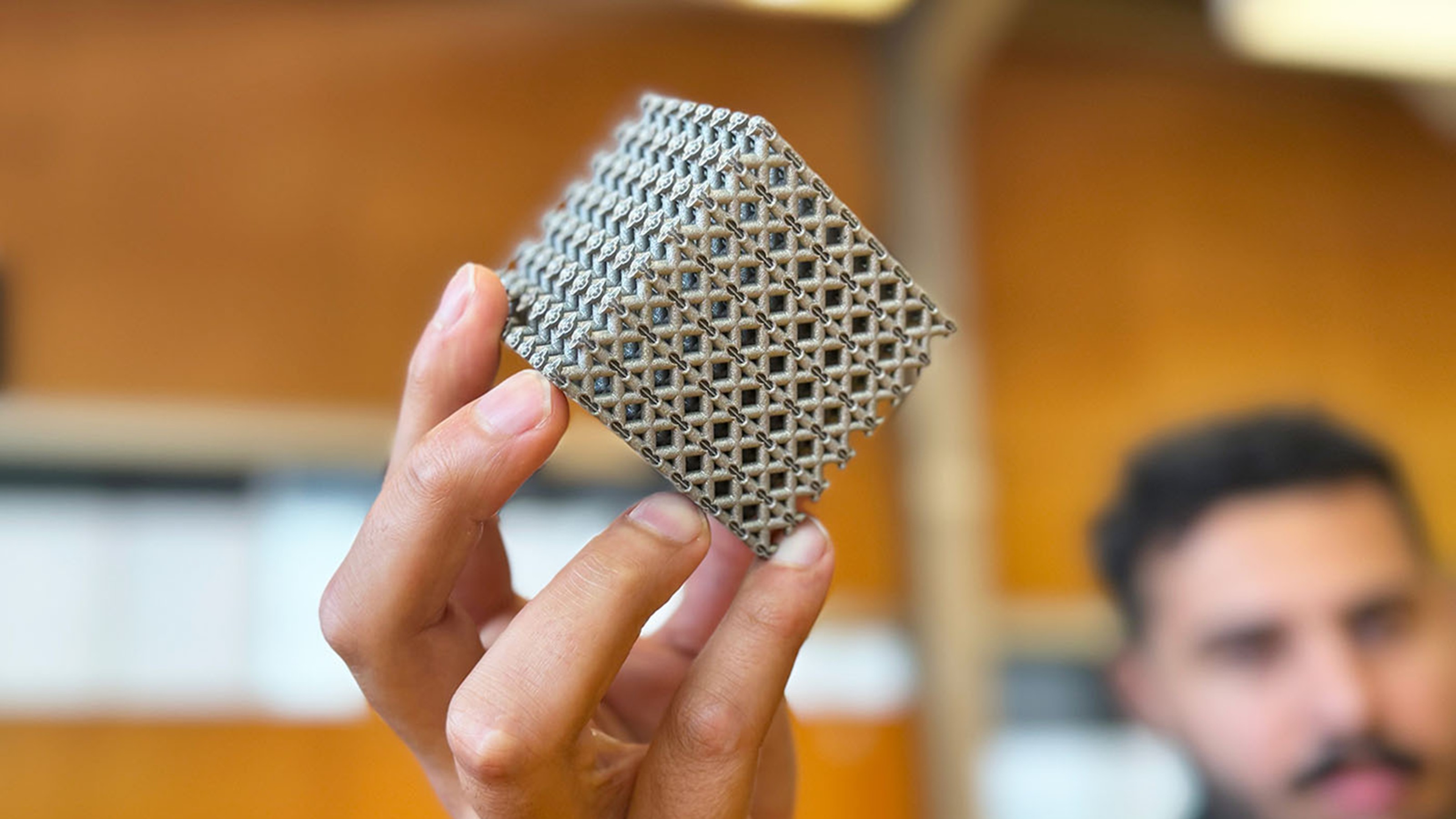Songdo: Transition City to the Future

On the road from Korea’s world-class Incheon airport, across the spectacular eight-mile long humpback bridge to the landmark new Songdo International Business District development, we encountered a heavy fog that reminded of the scene from the film Contact in which Jodi Foster approaches the specially designed launch pad designed to transport her into another dimension of time. Like the space-age teleportation rings in the film, the road to Songdo features brightly lit white sculptures in the shape of swirling rings that in the eerie mist give the aura of being able to transport you into a different world.
Songdo remains firmly rooted on Earth; indeed, it is being built entirely on land reclaimed from the Yellow Sea. Nonetheless, it is Asia’s and the world’s most ambitious real estate development, and will show us the path to the future better and sooner than other similar ventures increasingly being planned on other continents.
The following morning was clear and sunny, and we began with a visit to real estate development magnate Stan Gale’s penthouse “Founder’s Suite” in the First World building in the center of Songdo. Right next door stands the gleaming, twisting rectangular North East Trade Tower, rising 65 stories above the ground. The view from the top reveals dozens of construction projects aimed to provide a 5-star plus living environment, with many mixing residential and commercial, the new normal for top-notch addresses in global capitals today.
In the one-third of buildings already completed, all units were pre-sold with nearly a 40-to-1 subscription rate to the housing lottery for Korean nationals. So far about ten thousand people already live in Songdo, a number set to rise to 60 thousand as the development nears completion around the time of Incheon’s hosting of the Asian Games in 2014.
Songdo is governed under the auspices of the Incheon Free Economic Zone, and unlike the glitzy, oil and monarchy financed emirates of the Persian Gulf, is entirely privately funded. Gale International, the New York-based master planner for Songdo, has been promoting Songdo’s location—right at the intersection of key Asian financial centers such as Shanghai, Hong Kong, and Tokyo—and its high-tech infrastructure. It has had to delicately balance commercial and social projects, attract a critical mass of firms willing to relocate staff, and schedule services coming on stream on time to attract residents early on. It has also struck sensible public-private partnerships with the local authorities on everything from road construction to cultural centers. As property values rise and tax revenues come in, Songdo is likely to be win-win for both investors and the Korean government.
The checklist—or what Stan Gale calls the “DNA”—of a successful new smart city can only be planned as meticulously as Gale has because of the green field nature of Songdo. Gale’s criteria include factors such as proximity to a major airport, achieving the right population density, ensuring ecologically sustainable construction, and managing local government expectations. So far it appears Songdo is on the right track both outside and inside its futuristic homes.
Navigating Songdo’s various landmarks is easy, convenient and fast. From the 100 acre Central Park and Jack Nicklaus designed championship golf course to the curvaceous Convasia conference center and elegant Tri-Bowl exhibition space, quality of life projects have been smartly interspersed with offices and housing. One highlight is the Chadwick International School, which brings to life some of the most sought after trends in education such as collaborative learning by giving each student a laptop or IPad. Every classroom also features a giant LCD screen outfitted with Cisco’s new TelePresence technology.
Every new apartment in Songdo is also equipped with TelePresence, the breakthrough technology for making home and work life more convenient. TelePresence has already dramatically reduced business travel requirements and costs within Cisco, and can bring similar efficiencies to the personal life of Songdo residents. The 52-inch LCD monitors and multi-directional microphones allow for seamless video-communication within a building, across town, or around the world. Beneath a central console that controls the apartment’s heating/cooling and other settings is a medical device that can take blood pressure, read blood samples, and relay them digitally to a local clinic.
Cisco is not only involved in the user-facing gadgetry of Songdo, but has been the preferred partner up-front for the entire city’s design. They earlier Cisco begins to liaise with governments and utilities on system-level strategies, the more efficient a smart city will be. Its Network Building Mediator (NBM), for example, allows for the controlling and redirected of energy use across buildings. License plate recognition in your parking garage that calls the elevator down to bring you straight to your apartment where the air conditioning has already been turned on is also not a problem.
Beyond Songdo, both Gale and Cisco have their eyes on China, where truly green field opportunities await without local democratic political vicissitudes and brown field legacies such as competing public agencies. China’s leadership is actually younger, more determined, and even more open-minded than Korea’s. Thus even while they work on retro-fitting places like Barcelona and the Boston Seaport, other Asian smart cities are both the blank canvas that are a master planner’s delight and also the long-term economic prize.
Songdo then might ultimately be a transition city, a mix of standard architectural fare with today’s latest technologies grafted on top. One day it too will need retro-fits to accommodate 3D television and wireless power supplies. But for at least the next decade Songdo will lead the pack in the race to build the world’s smartest city.
Ayesha and Parag Khanna explore human-technology co-evolution and its implications for society, business and politics at The Hybrid Reality Institute.





